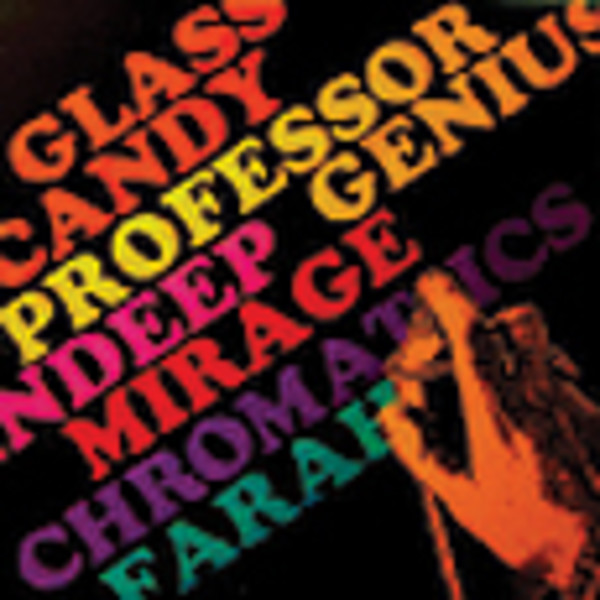Various After Dark
It’s rare for a compilation to introduce a new brand of music and simultaneously stand […]

It’s rare for a compilation to introduce a new brand of music and simultaneously stand alone as a great record from end to end. Like Brian Eno’s No New York, a seminal overview of the city’s late 70’s no-wave scene, After Dark, a recent sampler from upstart imprint Italians Do It Better, achieves this same feat more than competently. Coincidentally, 1978 New York also proves to be a perfect entry point for After Dark, a compilation of new Italo-disco/art-rock tracks from an offshoot imprint of the noisy, no-wave-inspired Troubleman Unlimited label.
These songs, previously only available as vinyl singles, showcase a group of artists breaking new ground by putting a gloomy, dreamy spin on the aforementioned Italo–a European disco sound of the 1980s made famous by Giorgio Moroder. Mostly unknown in America, the genre stayed breathing over the years due to its influence on electroclash, house, and the odd Scandinavian nu-disco revivalist like Sally Shapiro or Lindstrøm. For the most part though, Italo’s been left untouched, partly because it’s viewed as the ancestor to some of the 1980s’ schmaltziest Eurodisco hits (see Taco’s “Puttin’ on the Ritz”). But, the After Dark artists retain only Italo’s bouncy, arpeggiated synths (none of its tackiness) and add a deeper noir to create an intensely moody vibe throughout.
Portland’s Glass Candy, who formerly trafficked in jagged noise rock, opens the disc with “Rolling Down the Hills,” a track that sets the collection’s dark-yet-buoyant tone. It pulses with disco elements–horns accenting a deliberate thump–while singer Ida No’s ice-cold vocals drift above the mix. Later in the set, Glass Candy contributes three more songs (all covers), and they sound equally accomplished. Their version of Kraftwerk’s crucial “Computer Love” swaps the original’s chilly robotics for warm, dancing synths and, on a remake of Bell Epoque’s “Miss Broadway,” Ida No reverently evokes Debbie Harry amid guitarist Johnny Jewel’s crisp, elegant production.
Chromatics, who employ a similar aesthetic but with a more somber approach, provide two more of After Dark’s highlights with “Hands in the Dark” and “In the City,” the latter a haunting number with a twinkling keyboard, staccato guitar, and swooshing synths accompanying frontwoman’s Ruth Radelet’s bleak portrait of after-hours city life. Their final offering, “Killing Spree,” is one of the few missteps here–as a brief instrumental demo it’s by no means unpleasant but only serves as filler.
The other members of Italians’ small roster–Indeep, Mirage, Professor Genius, and Farah–round out After Dark’s remaining tracks and almost all excel. The only track to actually dislike is Farah’s stream-of-consciousness dirge “Law of Life,” a song whose poor lyrics and vocal delivery spoil its winning instrumentation. Indeep’s excellent reworking of “Last Night a DJ Saved My Life” offers the album’s bounciest cut, and Mirage uses a vocoder (thankfully, the only artist to do so here) to imbue tracks such as “Lady Operator” and the stellar “Lake of Dreams” with a druggy, pulsating persistence.
On these 14 neatly packaged and well-sequenced tracks, After Dark succeeds on several levels: it aims for a nighttime mood, nails it, and re-introduces Italo–a genre some thought better left alone–as something new, unique, even sexy, for a new millennium. And, like Eno’s No New York, the record presents (if not invents) a subgenre that most folks didn’t know existed and would be remiss to not investigate.

